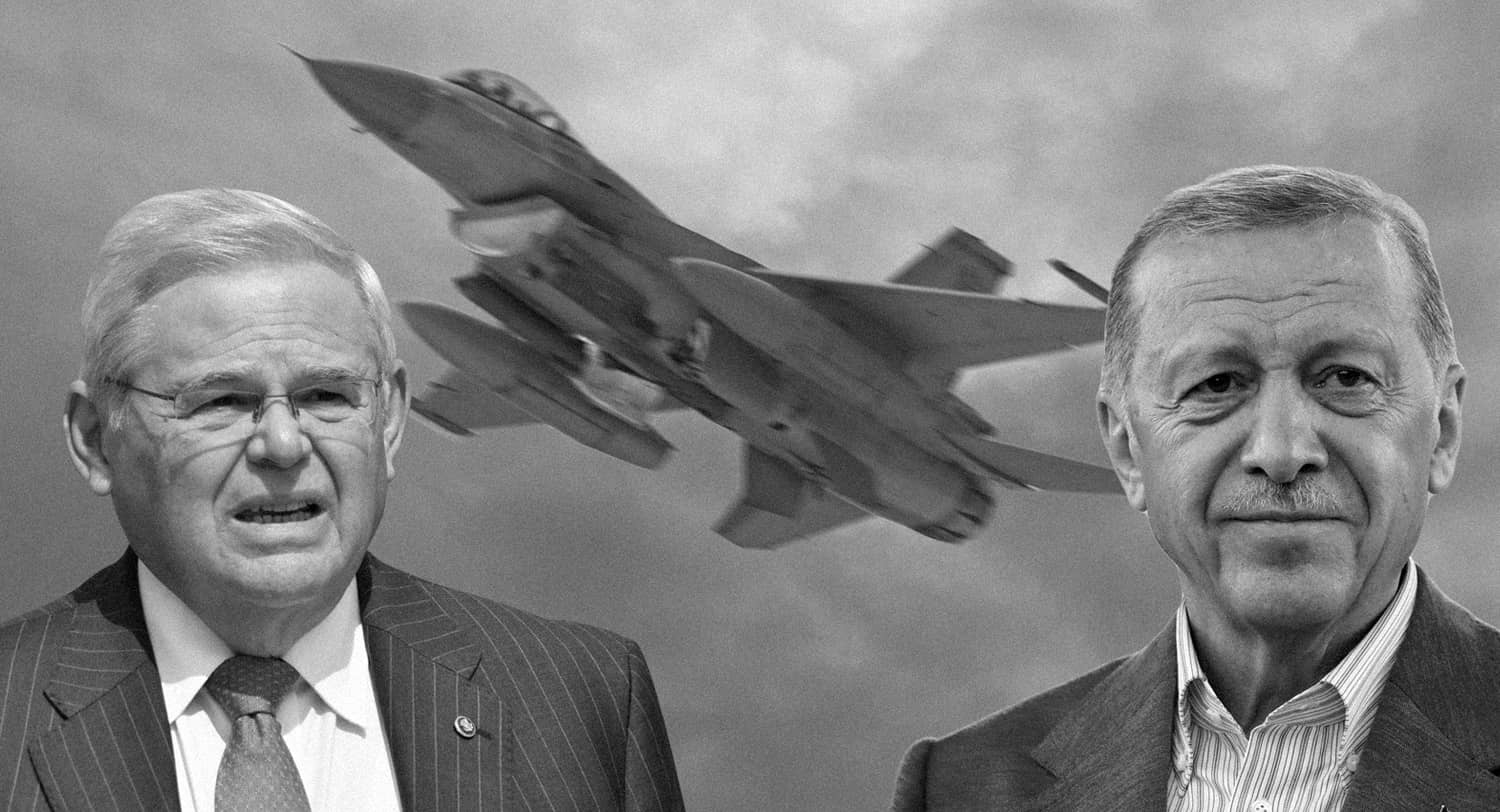No one can truly predict what the next five years of President Recep Tayyip Erdoğan will mean for Turkey, the Middle East, the NATO alliance and Russia. The recent JST articles by Turkey experts indicate a wide range of views.
>> Window on Washington: Read more from Dov S. Zakheim
Although his electoral victory in May was not about the economy, Erdoğan faces an urgent priority post-elections to stabilize it. During his most recent tenure, Erdoğan systematically, though perhaps not consciously, undermined what had been a rather healthy Turkish economy.
Another key to what comes next with Erdoğan will be Turkey’s relationships in Congress. The Biden administration has signaled that it is now willing to transfer F-16 fighter aircraft to Ankara. The chances for the sale improved recently when House Foreign Affairs Committee chairman Mike McCaul (R-TX) announced that he would no longer oppose the sale even if Erdoğan won the election.
On the other hand, Bob Menendez (D-NJ), Chairman of the Senate Foreign Relations Committee, has shown no inclination to back away from his opposition to the F-16 sale. Indeed, he has gone so far as to assert that the administration will continue informally to respect his determination to block the deal.
Several factors motivate Senator Menendez. He is a strong supporter of the Armenian community, which opposes the deal. Early in May 2023 he joined Senator Marsha Blackburn (R-TN) in introducing the Armenian Genocide Education Act. The proposed bill is twinned with a similar House measure that has over 50 sponsors and that would allocate $10 million over five years to educate American students about the World War I era Ottoman genocide.
Menendez is also a staunch supporter of the Greek and Greek-Cypriot communities. He has been called “America’s Number One Philhellene” by an American Greek and Cypriot group that also strongly opposes the F-16 sale. During a hearing in March with Secretary of State Tony Blinken, he pointed out that Turkey had violated Greek airspace and territorial waters on multiple occasions. At the same hearing he also attacked Turkey’s human rights record, stating that Turkey does not “deserve” to acquire the F-16s.
Should Menendez relent and the sale finally win congressional approval, the deal could soften the Turkish president’s opposition to Swedish entry into NATO, though President Biden has denied that the transfer is meant to be a quid pro quo for Sweden joining.
At present Ankara and Jerusalem have renewed military cooperation; for its part, Israel has maintained a low profile in the congressional debate over whether the United States should sell upgraded F-16s to Turkey.
Turkey’s own efforts to cultivate supporters in Congress haven’t born fruit in the Erdoğan era. During the 1980s and 1990s, Turkey had friends in Washington both in the administrations, such as Reagan’s Assistant Secretary of Defense Richard Perle, and on Capitol Hill. Those days are long gone. Erdoğan has alienated most of Turkey’s potential supporters in Washington, and Turkey’s influence in Congress has virtually disappeared.
Nevertheless, Erdoğan has demonstrated that he can alter his relationships and policies at the drop of a hat. He has signaled an ability to take actions either pro or anti-Putin, for example, on whether or not to permit NATO ships to enter the Black Sea via the Turkish Straits. Regarding Armenia, he has taken more steps than any of his predecessors to normalize relations; on June 3, the Armenian president attended his swearing-in ceremony.
Whether or not Erdoğan can do enough to persuade his skeptics in Congress to support Turkey remains one of the key open questions for his new term of office.



